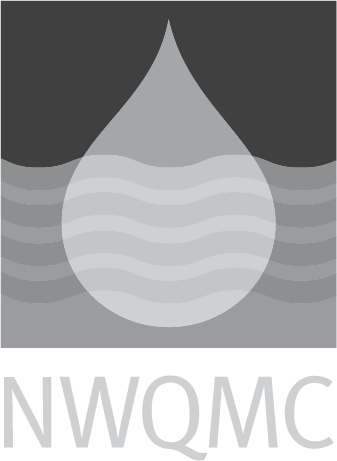HBMP 2012 Multihabitat Invert
| Protocol Name | Macroinvertebrate Sampling Protocols for the Hydrobiological Monitoring Program, Wichita, Kansas (USGS OFR 2012-1055) | |
|---|---|---|
| Citation Information | Stone, M.L., Rasmussen, T.J., Bennett, T.J., Poulton, B.C., and Ziegler, A.C., 2012, Protocols for collection of streamflow, water-quality, streambed-sediment, periphyton, macroinvertebrate, fish, and habitat data to describe stream quality for the Hydrobiological Monitoring Program, Equus Beds Aquifer Storage and Recovery Program, city of Wichita, Kansas: U.S. Geological Survey Open-File Report 2012–1055, 55 p. | |
| Title | Protocols for Collection of Streamflow, Water-Quality, Streambed-Sediment, Periphyton, Macroinvertebrate, Fish, and Habitat Data to Describe Stream Quality for the Hydrobiological Monitoring Program, Equus Beds Aquifer Storage and Recovery Program, City of Wichita, Kansas | |
| Author | Stone, M.L., Rasmussen, T.J., Bennett, T.J., Poulton, B.C., and Ziegler, A.C. | |
| Publication Year | 2012 | |
| Abstract | The city of Wichita, Kansas uses the Equus Beds aquifer, one of two sources, for municipal water supply. To meet future water needs, plans for artificial recharge of the aquifer have been implemented in several phases. Phase I of the Equus Beds Aquifer Storage and Recovery (ASR) Program began with injection of water from the Little Arkansas River into the aquifer for storage and subsequent recovery in 2006. Construction of a river intake structure and surface-water treatment plant began as implementation of Phase II of the Equus Beds ASR Program in 2010.
An important aspect of the ASR Program is the monitoring of water quality and the effects of recharge activities on stream conditions. Physical, chemical, and biological data provide the basis for an integrated assessment of stream quality. This report describes protocols for collecting streamflow, water-quality, streambed-sediment, periphyton, macroinvertebrate, fish, and habitat data as part of the city of Wichita’s hydrobiological monitoring program (HBMP). Following consistent and reliable methods for data collection and processing is imperative for the long-term success of the monitoring program. | |
| Table of Contents | ||
| Methods in Protocol |
|



